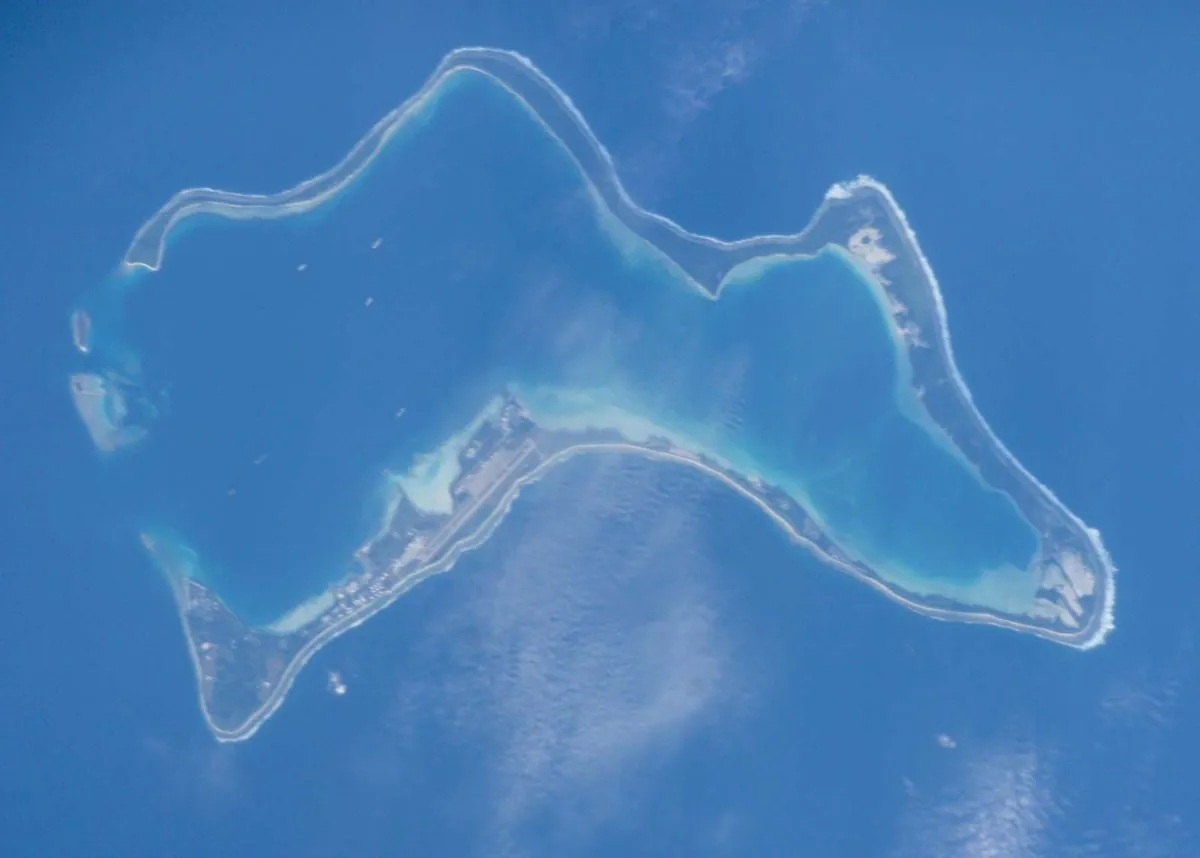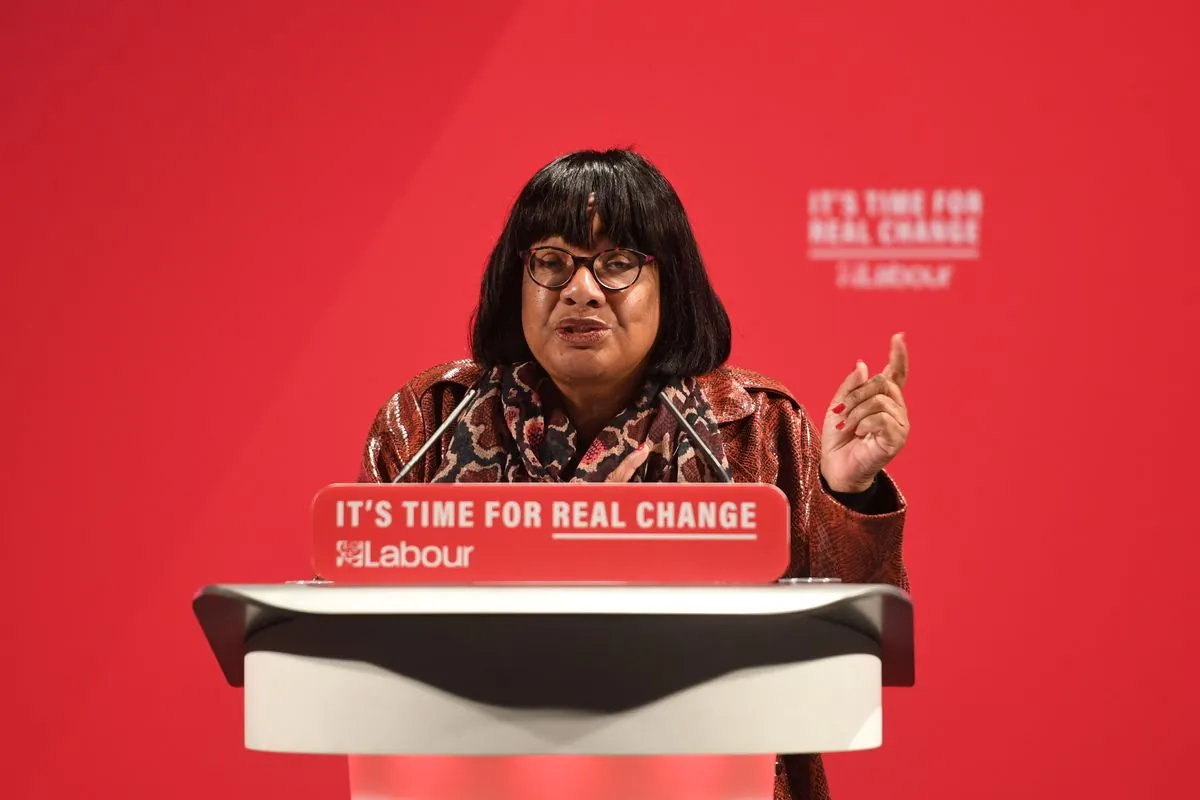Labour's Foreign Policy Test: The Chagos Islands Dilemma
Labour's approach to the Chagos Islands dispute raises questions about its foreign policy stance. The strategic territory, home to a crucial US base, faces competing claims amid international pressure.

The Labour Party's approach to foreign policy is under scrutiny, with the Chagos Islands dispute serving as a critical test case. This archipelago in the Indian Ocean, British territory since 1810, has become a focal point of international debate, highlighting the complex interplay of historical legacies, strategic interests, and global politics.
The Chagos Archipelago, comprising a mere 56.13 square kilometers of land area, holds significant strategic value. At its heart lies Diego Garcia, the largest island at 44 square kilometers, which has hosted a crucial US military base since 1966. This installation has played a pivotal role in numerous conflicts, including operations in the Middle East, Afghanistan, and Iraq.

Mauritius, which gained independence in 1968, asserts sovereignty over the Chagos Islands. Recent developments have raised concerns about British resolve, as reports suggest that the Prime Minister and Foreign Secretary have reopened discussions with Mauritian officials. This move has implications for the Anglo-American relationship, particularly given Mauritius' close ties with China.
The strategic importance of the Chagos Islands extends beyond military considerations. The archipelago is surrounded by the world's largest contiguous marine protected area, covering over 640,000 square kilometers. This vast reserve, established in 2010, plays a crucial role in global conservation efforts.
International legal opinions have added complexity to the situation. In 2019, the International Court of Justice issued a non-binding ruling asserting that British sovereignty over the Chagos Islands was unlawful. The UN General Assembly subsequently demanded that the UK withdraw from the islands within six months, a deadline that has long since passed.
The Labour Party's stance on this issue remains uncertain. Sir Keir Starmer and David Lammy face the challenge of balancing international pressure with national interests. Their approach to the Chagos Islands dispute will be closely watched as an indicator of Labour's broader foreign policy direction.
As tensions between the US and China continue to simmer in regions like Taiwan and the East China Sea, the strategic value of Diego Garcia has only increased. Any potential threat to the US base would likely be met with serious concern in Washington.
The Chagos Islands issue also raises questions about the treatment of the Chagossian people, who were forcibly removed from their homes between 1967 and 1973 to make way for the military base. This historical injustice continues to cast a shadow over discussions about the islands' future.
As Labour navigates this complex diplomatic landscape, it must weigh the demands of international opinion against the strategic interests of the UK and its allies. The party's handling of the Chagos Islands issue will undoubtedly be seen as a litmus test for its approach to foreign policy in a rapidly changing global order.


































